This dancer defies social taboos to promote Pakhtun culture
Hailing from the aristocratic family of Gumbat town in Kohat district, the soft-spoken Asfandyar Khan Khattak recently displayed his maiden live performance while defying social taboos and mesmerised audiences at Nishtar Hall with his trio-fusion of dance.
This scribe caught up with him and asked why he thought he should whirl around to which he replied: “In my own capacity, I am trying to reclaim my culture; a culture full of music and dance. Dance, in my opinion is the only solution to the terrorism, extremism and violence. I am on the mission of revival of softer and true image of Pakhtun culture. Through my dance, I want to give the message of tolerance and acceptance – characteristics of Pakhtun culture lost in the history.”
As a professional folk and fusion dancer he has performed at different platforms, including Lok Virsa, Pakistan National Council of the Arts and several USAID-funded programmes in Islamabad.
Having Khattak genes and being a lover of Pashto music, he performs fusion of Pashto, Khattak, Afghan-Logari and Qataghani, Persian-Afshari with Kathak and Bharatnatyam. He also performed in the recent Swat Youth Festival in Mingora. Currently he is working with a foreign organisation in Peshawar.
Before his Bachelor’s studies in Business Administration from COMASTS, Islamabad, Asfandyar learnt some basic steps of Indian classical dance ‘Kathak’ from a Lahore-based Kathak ustad. After earning Master’s in Business Administration in 2008, he properly started learning Indian classical dance.
In initial years of his career, he explored his skills of acting on private Pashto TV channel in plays and Pashto’s first telefilm and anchoring but all this time he was feeling the urge to present his dance skills.
“I can’t quit performing dance. I have a genuine cause to promote this wonderful art,” he said.
It was during a Parent’s Day function at Beaconhouse School, Islamabad that a female Pashtun teacher recognised the artist in the 8th grader - Asfandyar Khattak - and asked him to present Khattak dance. His performance proved a launching pad.
“That performance gave me a lot of encouragement. I took more interest in Khattak dance from then onward. I consider myself very fortunate that I started learning dance from the octogenarian Mrs Indu Mitha at Mazmoon-i-Shauq, Islamabad. She is a living legend who has been teaching Indian classical dance - Bharatnatyam - since five decades. My mentor, Indu Mitha, has trained me in Kathak and Bharatnatyam with her great devotion,” he said with pride.
Mr Asfandyar said: “Ever since I remember, I have been dancing! Right from my early childhood, I was fond of dancing all the time - at parties, engagements, weddings and otherwise too. I believe dance is self-revelation. Unfortunately, in our society dance is often associated with women, being a feminine activity and had almost no social acceptance and space.”
About the history of Khattak dance, he said that his ancestors, the Nawabs of Teri (a princely State comprising of present day Karak district) used to patronize folk dance, music and art in their darbar (court). He said that Khattak Atanr had 12 different steps; it used to be of great significance in the time of tribal war. He said dance with swords was different from that with handkerchiefs. “We should own and try to preserve and promote it. It is our identity. No one else will come to do this job for us.”
Originally published in Dawn, February 9th, 2018






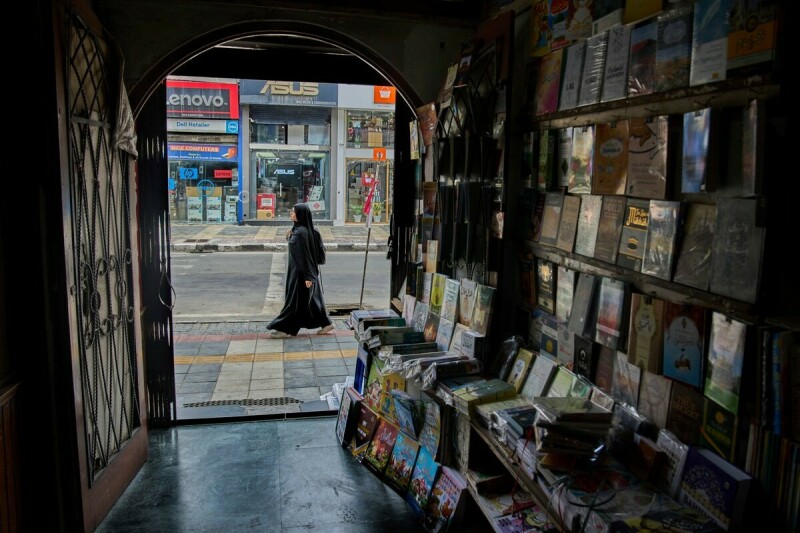

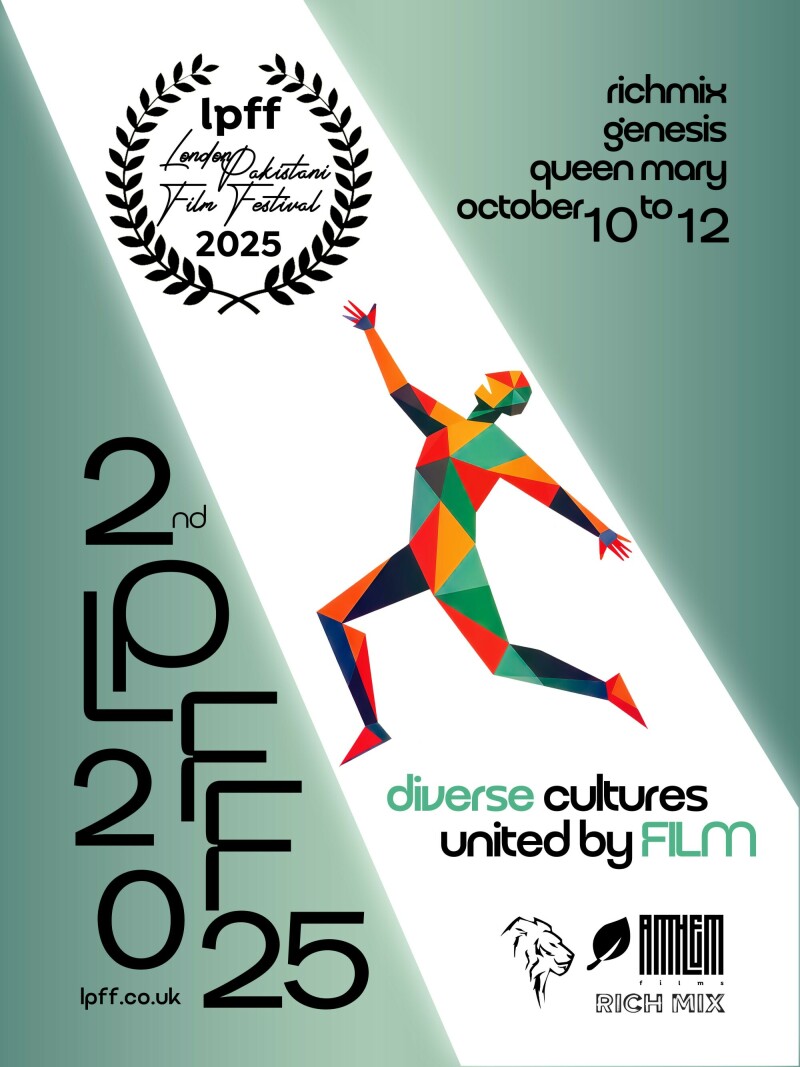
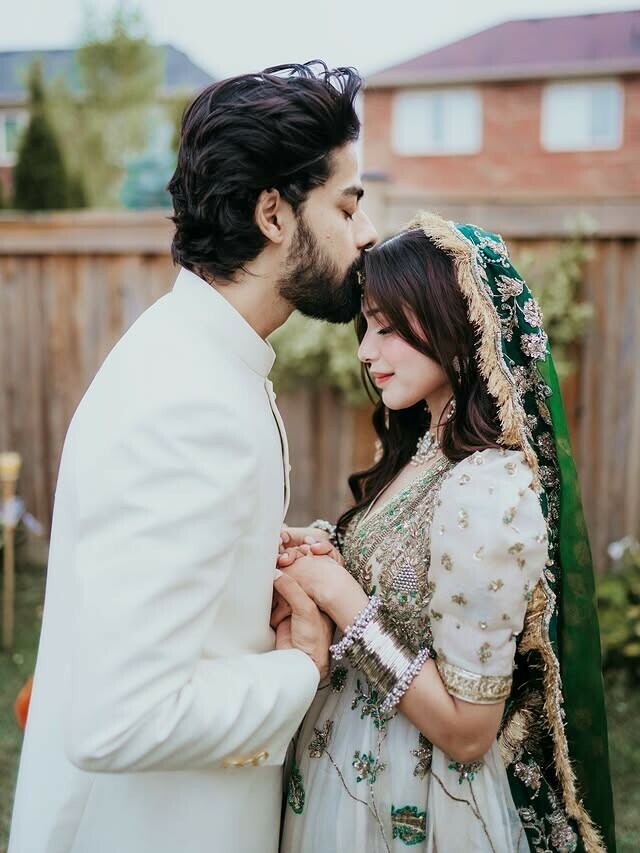
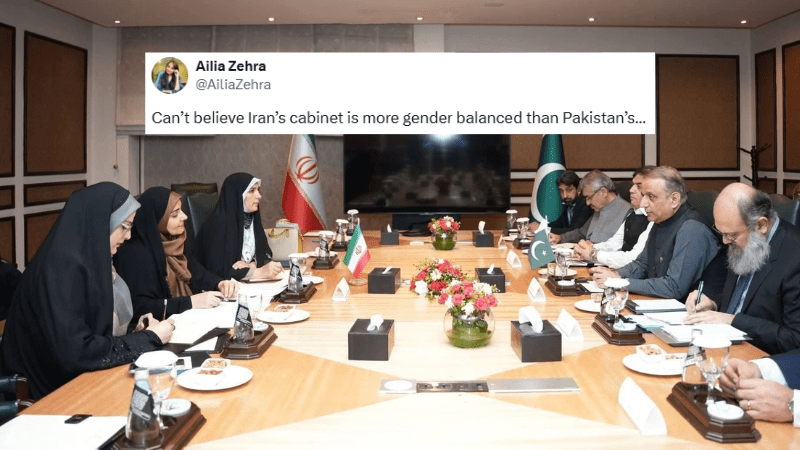
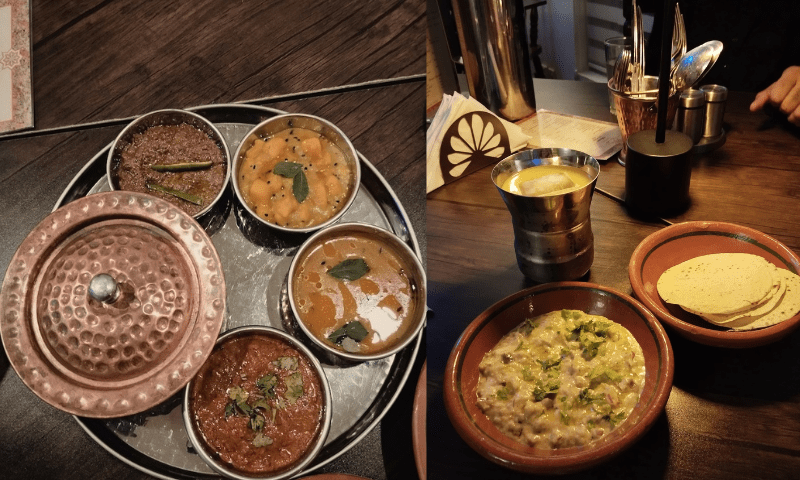
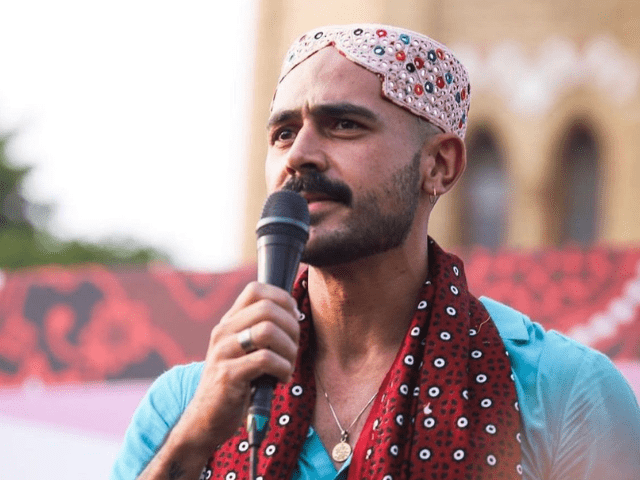
Comments